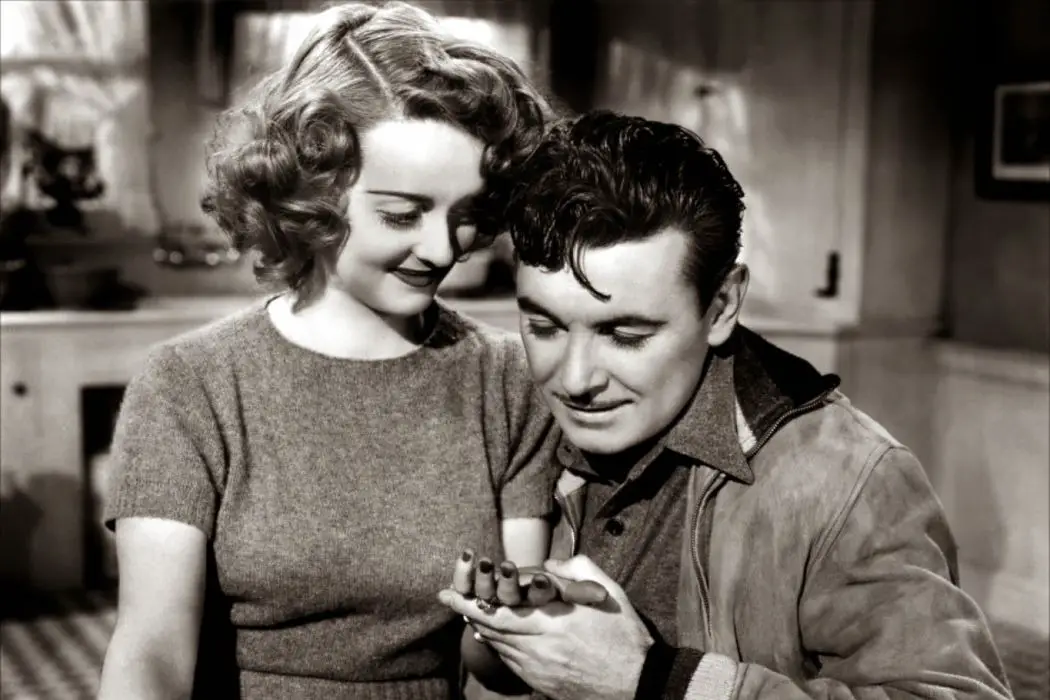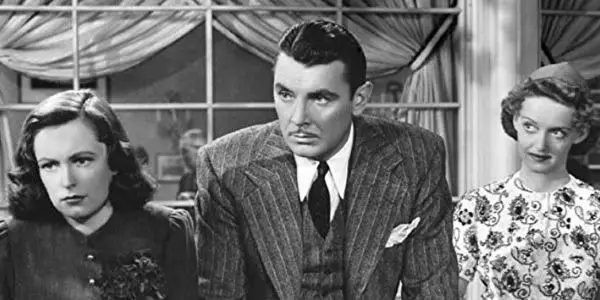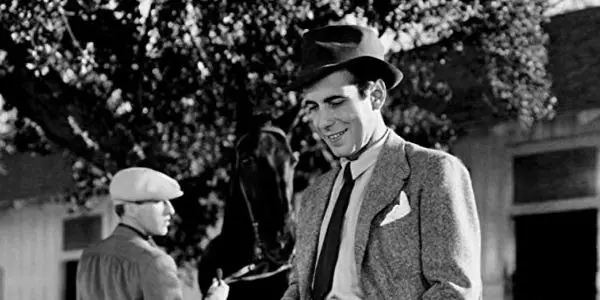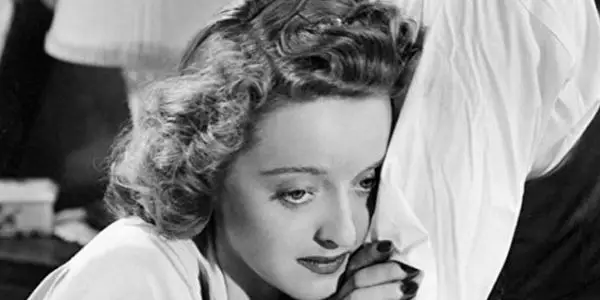DARK VICTORY: Triumph Over Tragedy

Katy Kostakis’ loquacious nature and a lifelong love of performing…
Dark Victory is yet another film released during the landmark year in the Golden Age of Cinema: 1939. As I mentioned in a piece published in April, Standout Films of 1939: Gone With theWind and The Wizard of Oz, so many masterful films came out that year, I would be remiss not to revisit yet another. As you will see, this was another role that would further cement the reputation of Bette Davis as a force of nature, and add another jewel in her crown as the undisputed Queen of Old Hollywood.
Based on a Broadway play written by George Brewer, Jr. and Bertram Bloch, Davis takes up the lead from Tallulah Bankhead as heiress Judith Traherne, a fun-loving young woman who, because of her wealth, doesn’t have a care in the world, and fills her days with parties and social events. She lives such a carefree existence with no one to answer to. She may have everything anyone would ever want, but money can’t buy perfect health or time.
Accidents Happen
Judy has a tendency to be, shall we say, accident-prone. She gets headaches, blurry vision, and lapses in memory. Chalk it up to clumsiness or bacchanalian fervor, Judith’s recklessness and nonchalant responses to these accidents do raise concerns for her friends..

Her doctor (Henry Travers) wants to have her checked by a specialist, so he takes her to the office of Dr. Frederick Steele (George Brent). The doctor is preparing to close up his practice and move to Vermont, but he agrees to look into her case, eventually confirming what everyone has been fearing: Judith has a brain tumor.
As expected, Judith goes into a place of deep denial and fear of her fate. That behavior is used as a defense mechanism to show how truly scared she is. Once she has an operation to attack the tumor, and pulls through, she tries to go on with her life as best as she can. Yet we learn that the doctor is keeping something else from her: Her long-term prognosis does not look good. As they could not completely remove the tumor, a relapse is certain. This time it will be fatal. She reacts to that bit of information in true Davis fashion, with plenty of feeling.
Over the course of the film, she has pushed away the doctor due to his deception, but this devil-may-care playgirl experiences something else that is not expected: she has fallen in love with him. Due to intervention by Judith’s assistant and close friend Ann (Geraldine Fitzgerald), they do reconcile, marry and move to Vermont so that he can continue his research. While the couple tries to maintain some semblance of normality, knowing that the tell-tale sign of the end of her life will be blindness, this whole undertaking is sadly futile.
Released in April of 1939, Dark Victory was nominated for several Academy Awards, including Best Actress and Best Picture, but as it was pitted against Vivien Leigh and the juggernaut that was Gone With the Wind, these nominations did not bring any wins.

The other players lend that much-needed support expected from such a tearjerker. One member of Judy’s social circle is played by none other than Ronald Reagan, who would serve as President of the United States over 40 years later. As Ann, Geraldine Fitzgerald presents the perfect sidekick and foil for Judith, rational and wise, yet she’s not afraid to go behind her back when necessary. It’s all done out of love and friendship.
Humphrey Bogart plays a hired hand who has pined for Davis. As Doctor Steele, Brent lives up to his character name, a strong, silent type who wants to take care of the feisty Judith and hopefully continue to make his mark in the medical field with his various findings.
Strong Until the End
The subject matter may be sad and depressing (it is one’s mortality, after all), but true to the depth of Bette Davis’ range, the character runs through the gamut of emotion. As the doctor she has come to love deliberately hid the seriousness of her condition from her, understandably Judith feels angry and betrayed and wants nothing more than to be left to her own devices. Her walls may stay up and she continues to put on her façade as the life of the party, but once she accepts her inevitable death, vulnerability finally emerges.
Judith does not wallow in her despair. She tries to go on with life knowing that she can’t escape that dark cloud hanging over her head. She always lived her life on her own terms and she is going to die the same way. The ultimate sacrifice and most magnanimous act from someone shown to be initially quite selfish, is sending away her greatest love, sparing him the agony of watching her die.

Davis gives a long, dramatic speech towards the end of the film, explaining a bit about the film’s title. Victory does not always mean the brightness of a success; stepping into the shining, vibrant light. She equates it with darkness, both literal and figurative. This is particularly poignant since this movie was shot in black and white.
Conclusion: Dark Victory
Along with the other films released at the tail end of the Great Depression and before the onslaught of World War II, the action did trail a bit towards the melodramatic. Because of the Production Code, this movie certainly wasn’t focused on portraying a realistic picture of someone wasting away due to sickness.
We didn’t see the typical symptoms that affect someone with such a terrible terminal illness. This was supposed to be a tragedy, yet this film provided a fluffier, most palatable plot and ending. Judith Traherne’s illness will take her life, but she will still go out like a healthy, robust, glamorous woman, not like one ravaged by disease.
Bette Davis’ storied career always featured roles that challenged her. Regardless of the part, she took it on with gusto and continually knocked it out of the park. That natural talent, shown throughout a range of films, is why she’s placed on a pedestal by the entire film industry.
Truly, it is not common to experience joy in one’s life being over, but if you were to make such an all-important decision, wouldn’t you consider that to be your greatest triumph?
Dark Victory was initially released in the United States on April 22nd, 1939.
How significant was the film’s title? Are you in agreement with Judith’s decision? Let us know in the comments below.
Does content like this matter to you?
Become a Member and support film journalism. Unlock access to all of Film Inquiry`s great articles. Join a community of like-minded readers who are passionate about cinema - get access to our private members Network, give back to independent filmmakers, and more.
Katy Kostakis’ loquacious nature and a lifelong love of performing led to her training for a broadcast career, yet her distinctive voice and style, with its conversational and highly descriptive tone, helped her to find her calling in written media. That love of words has produced a vast body of work, so when she isn’t working, writing, or talking everyone’s ears off, Katy enjoys ‘80s, rock, techno, and industrial music, the films of Alfred Hitchcock, art museums, Renaissance and Medieval history, and Britcoms. To view her work, please visit her website at katykostakis.com and follow her on Twitter: @KatyKostakis.












